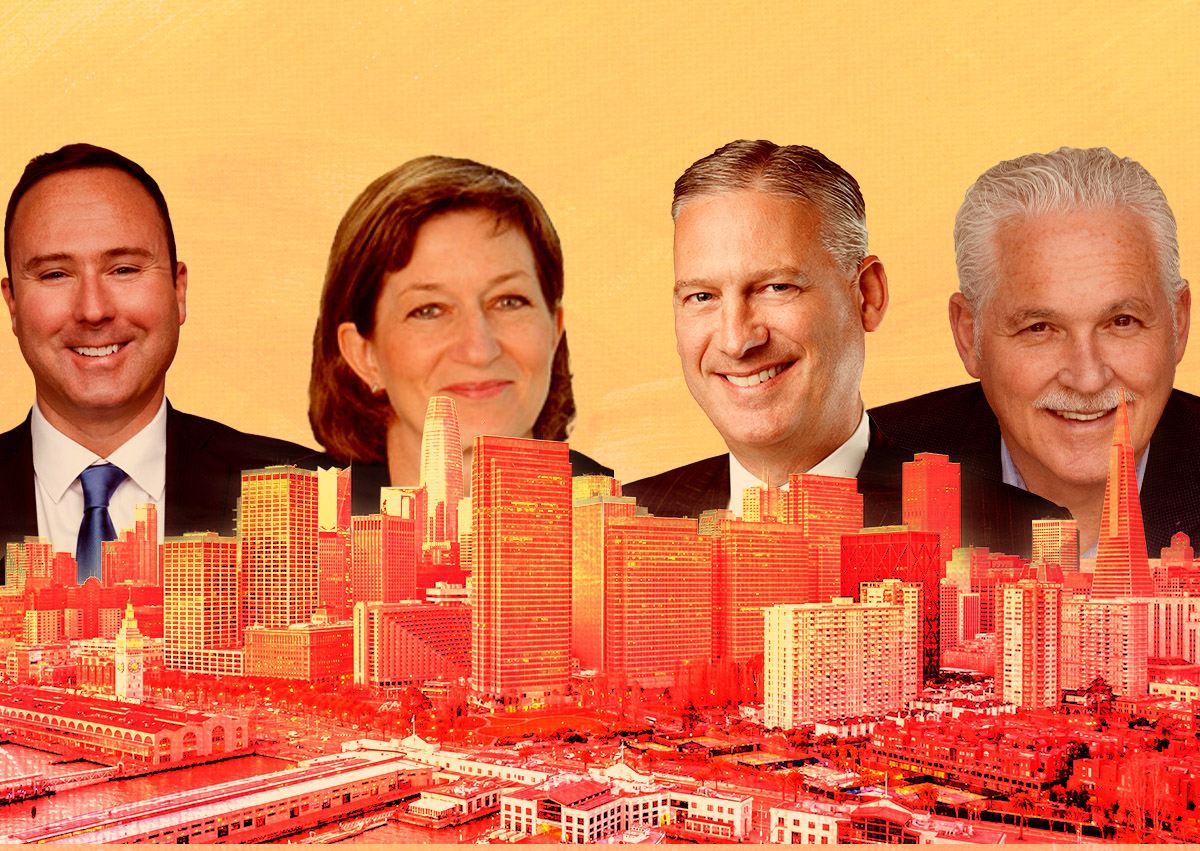San Francisco Mayor London Breed has proposed tax incentives to encourage companies to set up new offices in San Francisco, with certain zip codes targeted for help.
When Breed originally proposed the plan, it would have cost the city about $37 million in lost tax revenue over the next two fiscal years. The most recent revision would bring the two-year cost to the city down to about $25 million.
But Supervisor Connie Chan introduced amendments that limit the credit to businesses that open within certain zip codes: 94102, 94103, 94104, 94105, 94107, 94108, 94109, 94111, 94133, and 94158.

Those zip codes are all in the easternmost portion of the city, from North Beach and the Embarcadero down through the North and South Financial districts and Civic Center, where office towers are concentrated.
The southernmost point included in the incentives is the Dogpatch and Mission Bay, also a hub for corporate offices.
Chan represents District 1, the city’s Richmond district, which is more residential, though it does include busy commercial thoroughfares along Geary, Clement and Balboa streets that would no longer be included in the tax incentives as supervisors narrowed their focus on the beleaguered downtown.
Total availability, which is a combination of landlord direct and sublease space, Downtown is 31 percent, which compares to just under 30 percent last quarter and about 26 percent year-over-year. Asking rents in the city are down 13 percent compared to the first quarter and 20 percent down from the city’s pre-pandemic peak. However, rents vary widely from building to building, according to Derek Daniels, Colliers regional research director for the Bay Area. Class A office buildings are asking nearly $80 per square foot in direct leases, compared to $63 in class B and $55 in Class C.
Breed’s proposal has two components. The first looks to prevent more businesses from closing their doors and leaving the Downtown area. The proposal would delay scheduled tax rate increases for certain sectors until the 2025 and 2026 tax years. The sectors include retail trade, manufacturing, food services, accommodations, arts/entertainment/recreation and certain services such as hair stylists and laundry. The benefit will accrue for the first $25 million in gross receipts.
Rates for revenue above $25 million will remain constant. Therefore, the law will be most impactful for small and medium-sized businesses, according to Glorian Chan, from the Office of Economic and Workforce Development.
The second component is designed to attract new office users to San Francisco. The proposal defines new as having not been in San Francisco for three years. It offers a 0.45 percent discount on tax rates for businesses in information, administrative and support services, insurance, financial services, professional/scientific/technical services, and administrative office tax. Businesses could claim the credit for up to three years, or until 2028, whichever comes first. The cap of credit businesses can receive in one year is $1 million.
“We know that we lost a number of businesses and middle-income jobs from the city over the last decade,” Chan said. “This allows us to use this credit as a tool for attracting them back to San Francisco.”
The proposal requires the business to have a physical location, which will encourage job creation and occupancy of a physical space, as opposed to providing tax credits to a team of fully remote workers, according to Chan.
Read more



